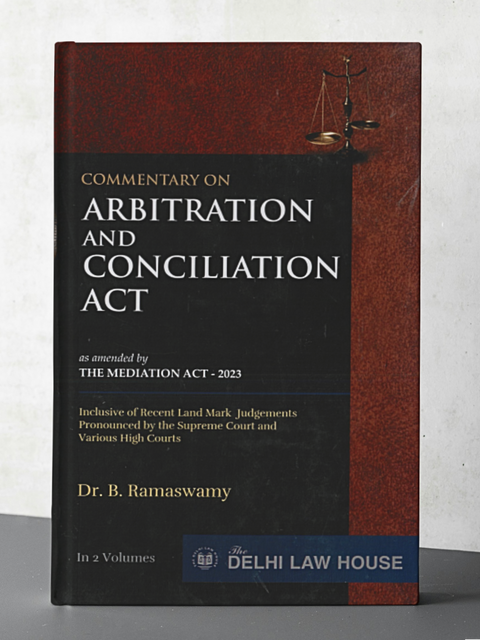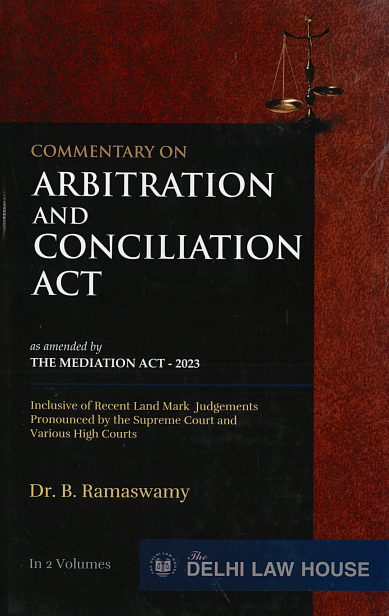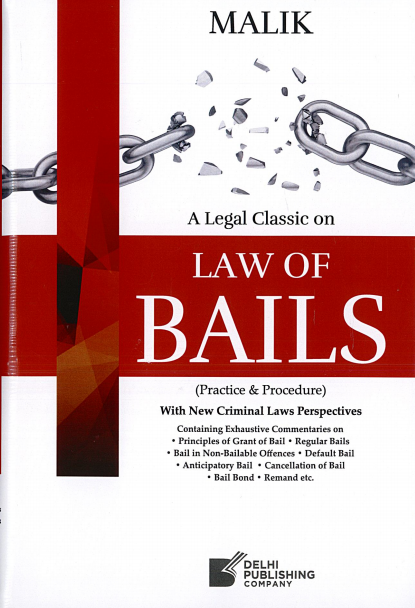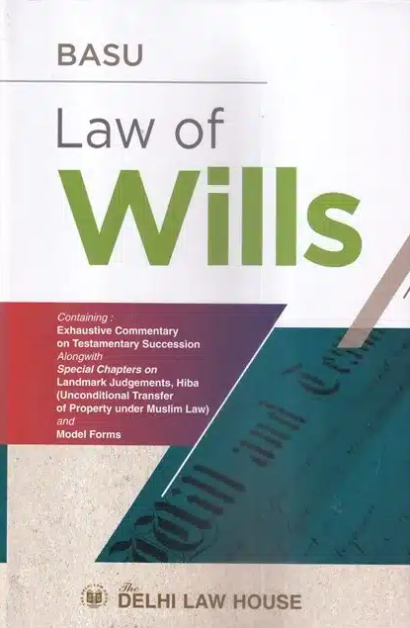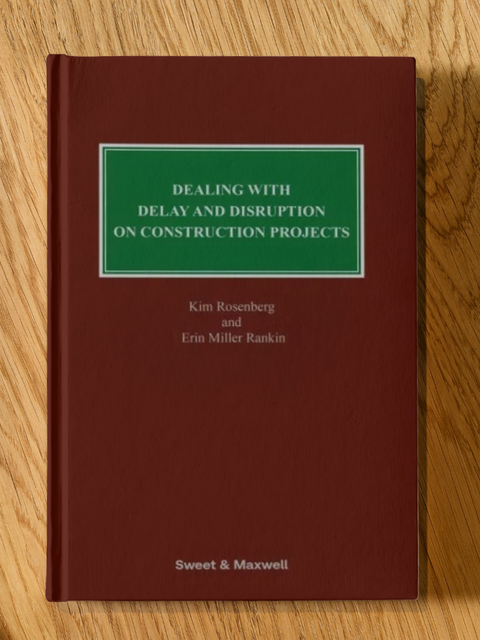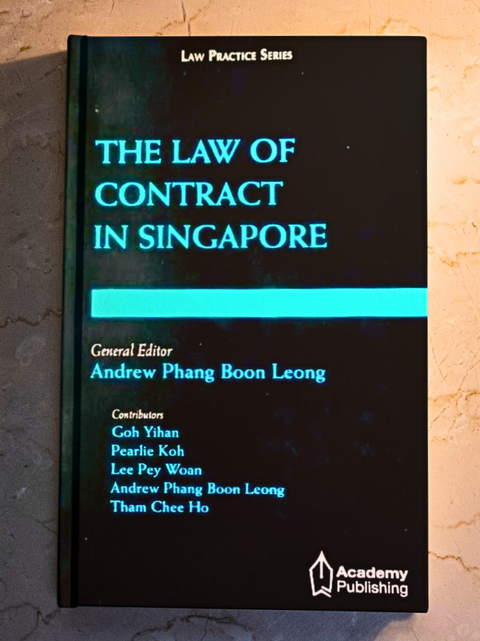
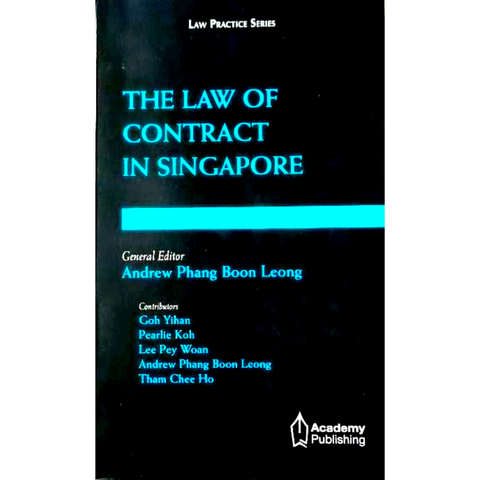


The Law of Contract In Singapore by Andrew Phang Boon Leong
The Law of Contract In Singapore by Andrew Phang Boon Leong
| Author | Andrew Phang Boon Leong |
| Publication Date | 2012 |
| ISBN | 9789810886936 |
|
Format |
Soft Cover |
| Publisher | Singapore Academy of Law |
This book needs no formal introduction; it's likely already a fixture on the shelves of many local practitioners and law students. It marks a significant milestone in Singapore's legal literature on contract law, being the inaugural work by local authors tailored for a local audience. Its necessity has been evident for a while, especially considering that the last textbook on Singapore contract law, derived from an established English text, dates back to 1998.
Published based on the law up to January 1, 2012, it stands as the most comprehensive and current text available, encompassing every facet of Singapore's contract law. Even though the cut-off date is 2012, the authors went above and beyond by incorporating local cases decided as recently as February/March 2012 (e.g., OCBC Capital Investment Asia Ltd [2012] SGHC 25, Nitine Jantilal v BNP Paribas Wealth Management [2012] SGHC 28, and Rainforest Trading Ltd v State Bank of India Singapore [2012] SGCA 21).
The book follows a conventional topic-by-topic approach, delving into crucial areas such as contract formation, terms, factors that invalidate contracts, privity, breaches, and remedies. It extensively references local case law and significant judgments from other Commonwealth jurisdictions, particularly when Singaporean law lacks a definitive stance on a matter. For instance, the authors meticulously compare Singapore's approach to issues like specific performance for breach of land sale contracts with that of England, Australia, Canada, New Zealand, and New Jersey (USA).
Moreover, the authors pay close attention to Australian legal developments, notably the judicial activism influencing various areas of contract law. They highlight instances such as the strategic use of collateral contracts in tender contexts, employing promissory estoppel differently, the distinct doctrine of unilateral mistake in equity, the "special equity" supporting wives who provide security for their husbands’ debts, and the concept of unconscionability.
This book doesn’t merely restate the law; it also draws on additional materials and offers insightful suggestions on legal reforms where relevant. For instance, it advocates for the abolition of the consideration doctrine, proposes using promissory estoppel to validate contract modifications, and suggests classifying economic duress, undue influence, and unconscionability under a broader doctrine of unconscionable conduct.
Written in an accessible style, this book is poised to become an essential part of any practitioner's toolkit. It adeptly addresses intricate aspects of contract law that are acknowledged as challenging, like the doctrine of mistake and the complex terrain of public policy under illegality. In these instances, it provides a practical and concise review of the law, serving as an invaluable resource for navigating such complexities.
In essence, this book offers local practitioners and law students a definitive and lucid text, deserving a place on the shelves of every legal professional and student, if it isn't already there.
Latest releases
Get your copy today!






